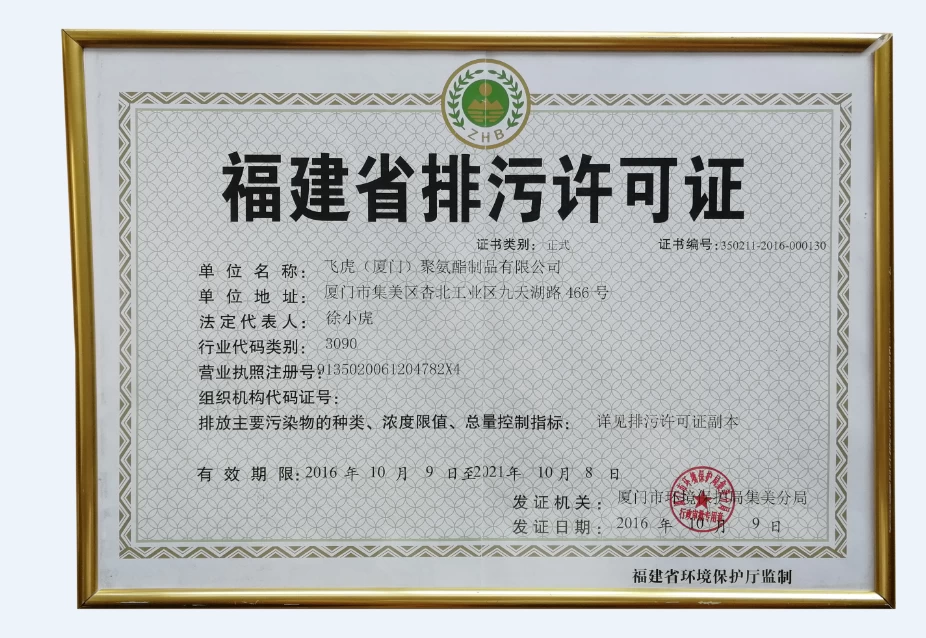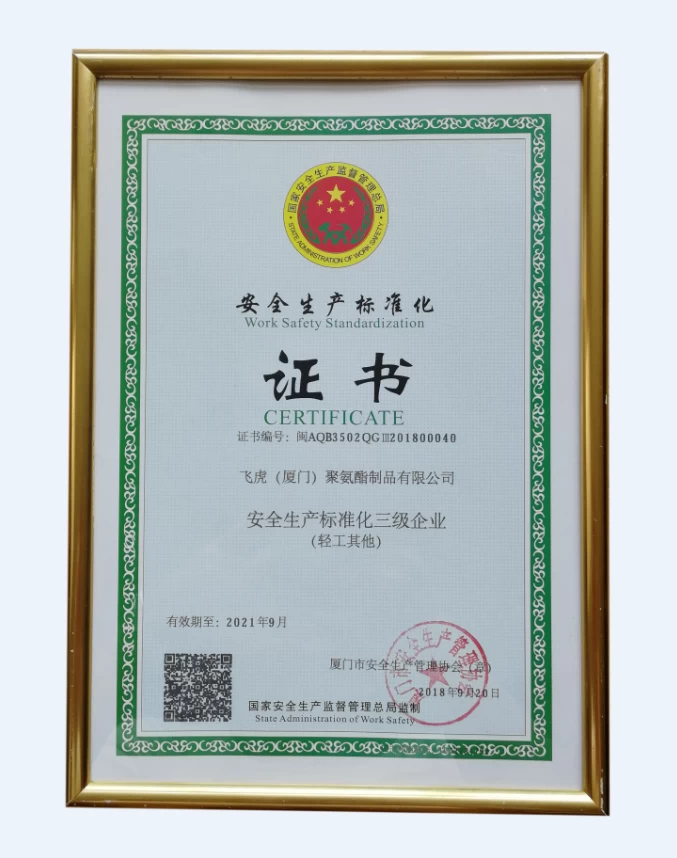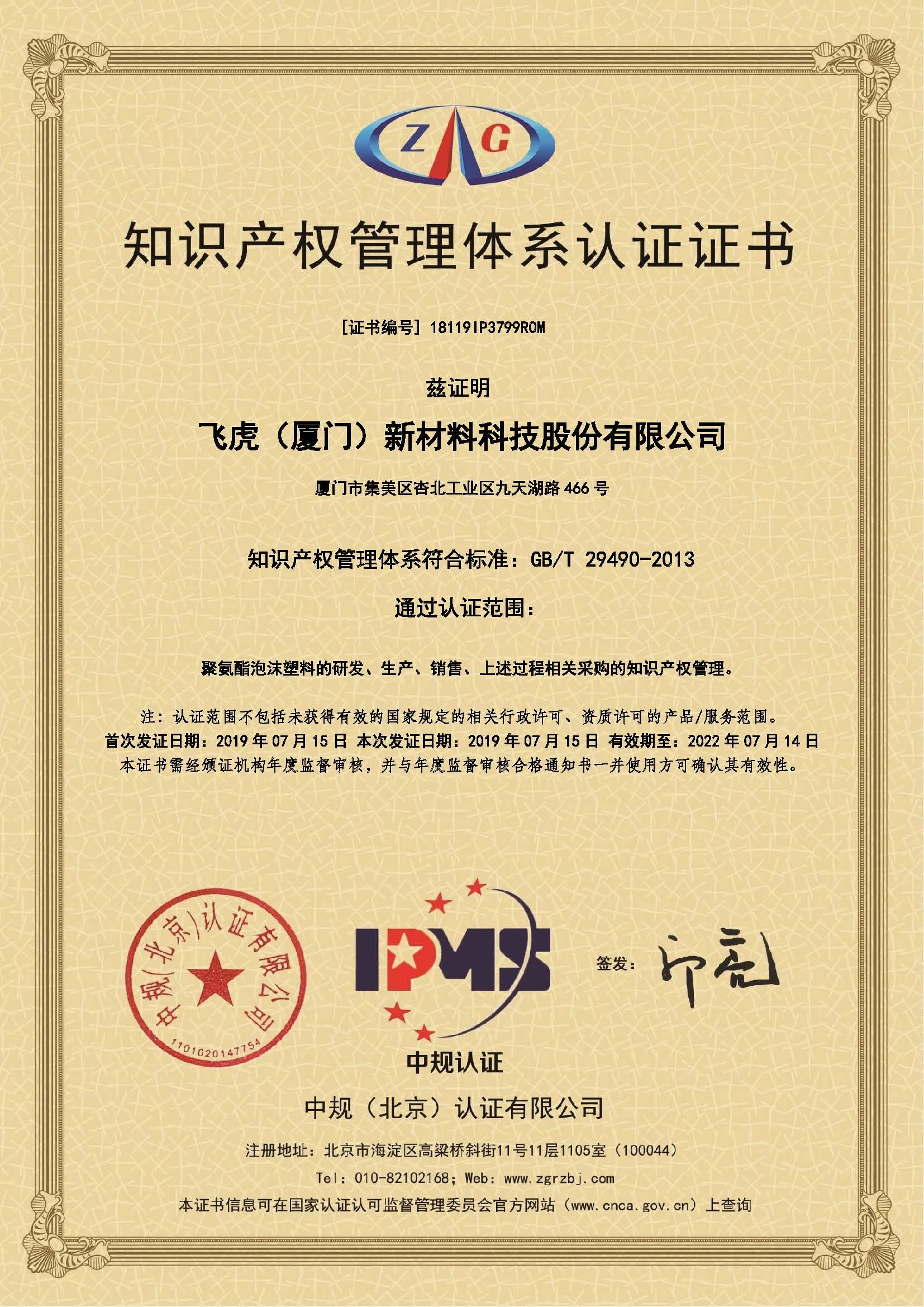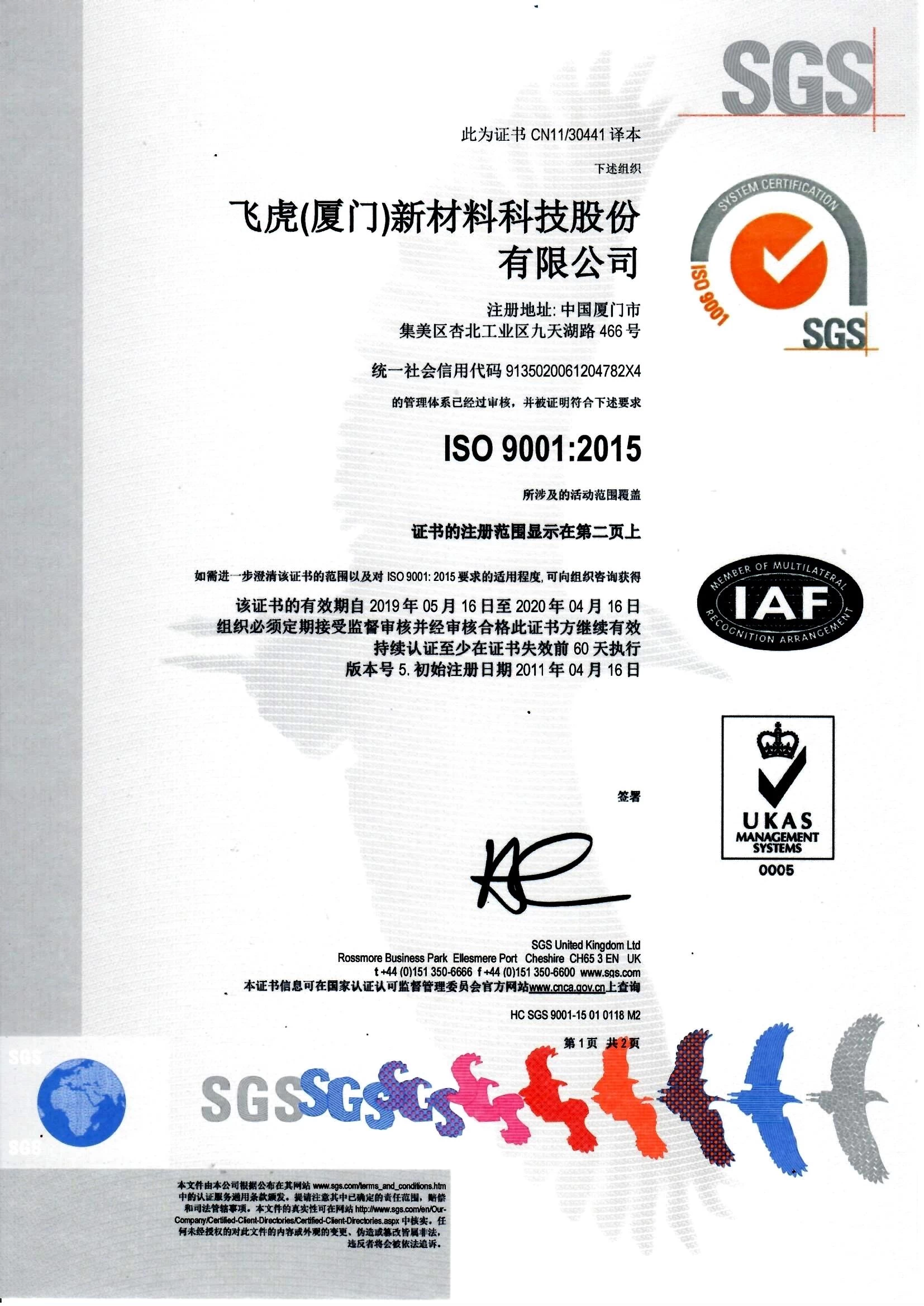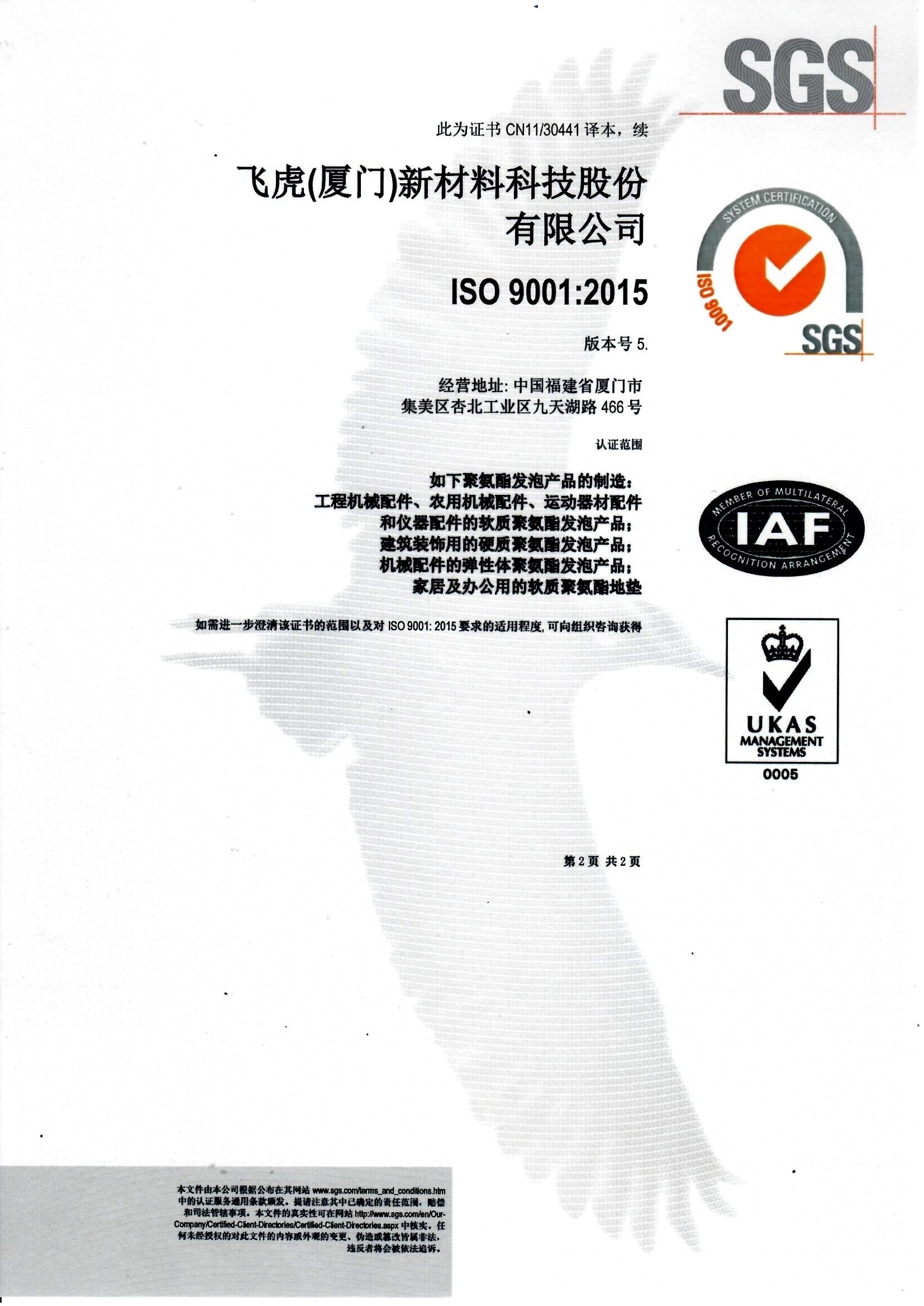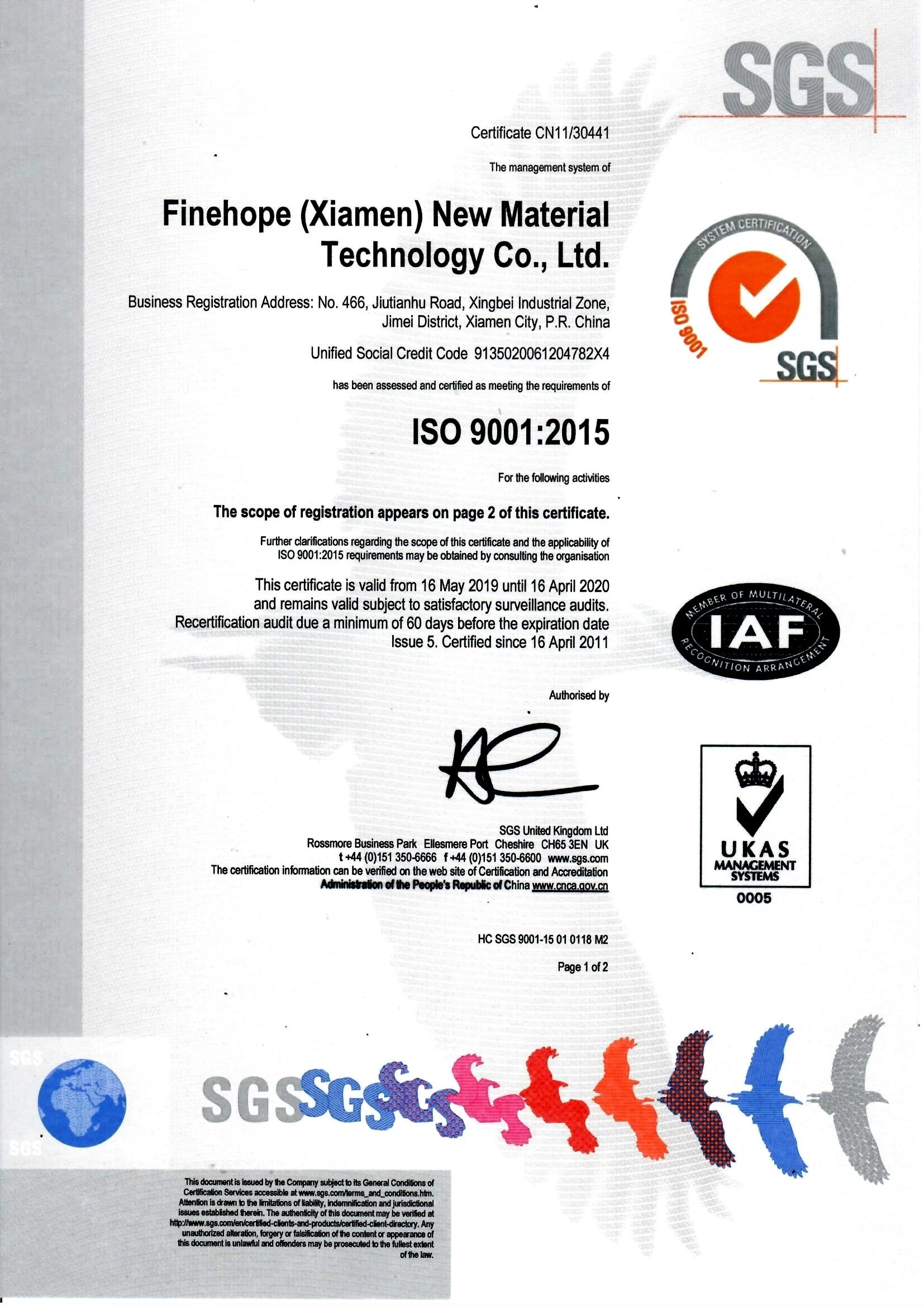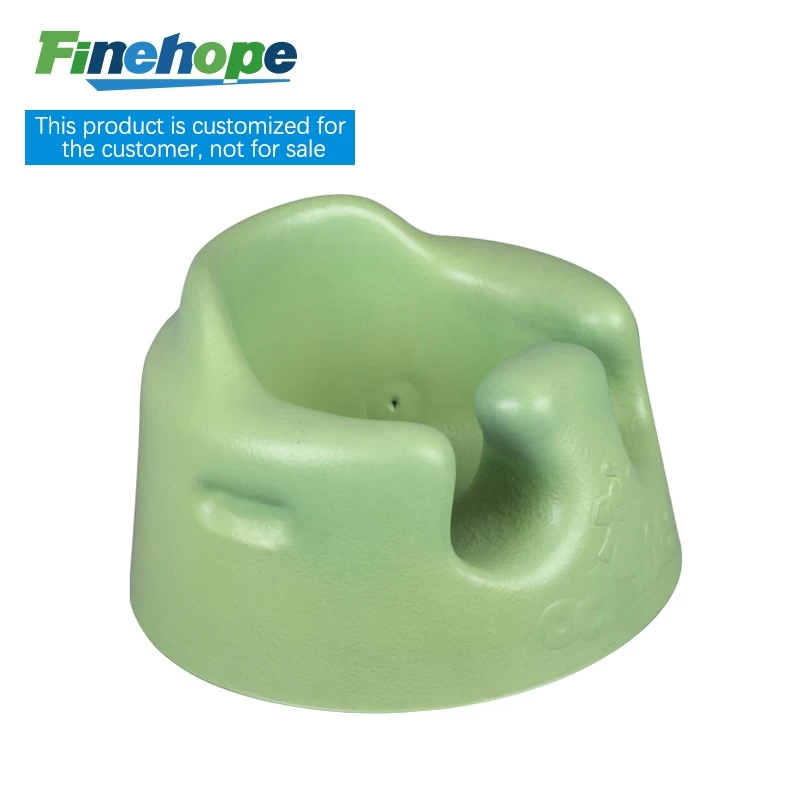Japanese Prime Minister Shinzo Abe visit Pearl Harbor third time
Max Lin
2017-02-28 13:53:26

When Japanese Prime Minister Shinzo Abe makes his visit to Pearl Harbor, just after Christmas, it will be a dovish act that masks a hawkish intent.
There can be no doubt that when Mr Abe stands shoulder to shoulder with US President Barack Obama at the scene of his country’s 1941 attack on Hawaii — the first Japanese leader to go to the site — he will be carrying out a deeply meaningful gesture of reconciliation.
It reciprocates Mr Obama’s historic visit to Hiroshima in remembrance of up to 80,000 people who died when the US used an atomic weapon against the city in 1945.
It also follows Japan’s surprising diplomatic approaches to former foes.
These include an agreement with South Korea over women forced into prostitution during the second world war, sealed about a year ago.
Tokyo issued an apology and pledged $8m to surviving victims; both sides called the deal final and irrevocable.
Pragmatism appears to be tempering Mr Abe’s rightwing instincts, which include an alarming penchant for historical revisionism regarding wartime Imperial army depredations.
Yet it may be argued that this very pragmatism is driven by a conservative agenda.
Mr Abe’s dream is to revise Japan’s pacifist constitution, drawn up by the US under postwar occupation, so allowing the country to have a real army.
The thumping majority in parliament’s upper house that the prime minister won in July has allowed him to test the waters on achieving that goal.
Yet he faces strong opposition among Asian neighbours, many Americans and Japan’s own people to the idea of shedding constitutional restraints on military power — in particular, Article 9 of the constitution, which says land, sea and air forces, as well as other war potential, will never be maintained.
The Japanese leader is also already looking beyond Mr Obama to the presidency of Donald Trump, and he is eager to continue the golf club diplomacy
that he enjoyed in November as the first foreign leader to visit the incoming president at Trump Tower, in which the two exchanged gifts of golfing gear.
On both fronts, visiting Pearl Harbor is shrewd politics.
High-profile acts of historical rapprochement, such as paying respects in Hawaii, may go some way to defusing fears about militarism reawakening in Japan under a new charter — and under a leader who makes no secret of his conservative outlook.
The visit will also be an ideal stage on which to reaffirm Japan’s alliance with the US as a volatile incoming American administration sends contradictory signals about its strategic intent in Asia.
The prime minister holds one crucial advantage in pressing for constitutional change — and visiting Pearl Harbor will strengthen that card.
The US, under both Republican and Democratic administrations, has long urged Japan to do just what Mr Abe wants: broaden the role and capabilities of the nation’s military.
It wants Japan to shoulder its share of the Asian security burden.
The irony is that Mr Trump’s rant that the Japanese can sit home and watch Sony television if America is attacked is a warped, hall-of-mirrors reflection of long-held Washington positions.
American policymakers since the cold war have complained about Tokyo’s buck-passing as the US kept Japan and the world safe.
That is simply a more polite expression of Trump’s complaint.
The Pearl Harbor visit — standing next to a popular, moderate and statesmanlike president — allows Mr Abe to send the right messages to multiple stakeholders: US veterans, Japan’s neighbours and the Japanese people.
Mr Abe’s revisionist tendencies — which in a previous stint as premier included questioning evidence that Korean women were forced into prostitution — are a cause for worry and vigilance is required.
Yet in the 70 years since the end of second world war, Japan has by and large established itself as a responsible global citizen.
And the current Japanese administration may come across today as rather reassuring, compared with the rabid populism that has become a global trend.
In the strange world in which we live, even the arch-conservative Mr Abe, aided by his team’s deep institutional knowledge of governance, may provide geopolitical ballast that will help the centre hold.
Mr Abe alone among recent Japanese leaders enjoys the domestic clout needed to visit Pearl Harbor.
And it is the right thing to do — whatever his strategic imperatives.
Even from a centrist perspective, he is also correct to argue that it is time Japan took a greater role in its own security and in that of the region, especially in the face of an increasingly assertive China and an unpredictable North Korea.
But first Japan must exorcise the demons of its past.
A bow from Mr Abe at Pearl Harbor will be a positive step in that direction.
Related news:
- Polyurethane best anti fatigue floor mats antifatigue kitchen mats, anti slip stair mats anti slip mats for stairs, anti slip mat for kitchen
- Polyurethane no slip bath mat non skid mat floor foam mats cushioned kitchen mats cushion mat
- wrought iron balcony balustrade.exterior balustrades.terrace balustrade.iron balustrade
- balustrades for sale.balustrade outdoor.stainless steel balustrade.decorative balustrade
- baluster mold,stair baluster,railing baluster,balcony baluster




